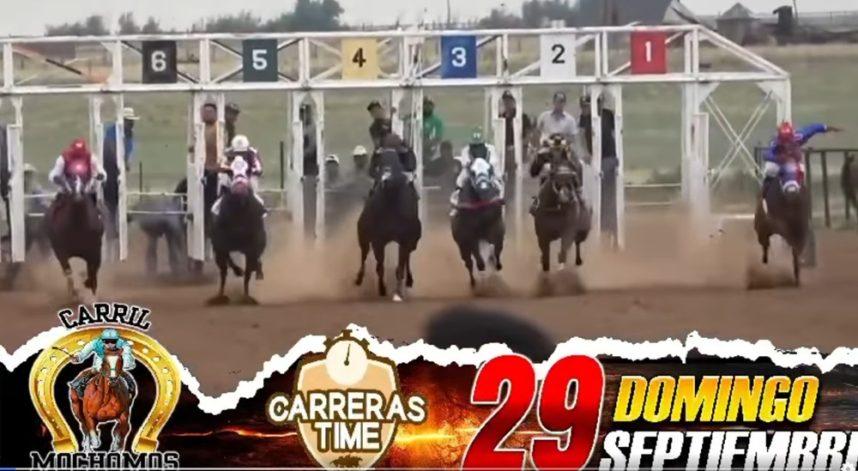Date: October 1, 2024, 10:27h.
Last updated on: October 1, 2024, 10:27h.
Law enforcement in West Texas recently conducted a raid on an illegal quarter horse racetrack, resulting in the arrest of nine individuals on charges such as promoting gambling, money laundering, racketeering, and drug-related offenses.

During the raid, authorities discovered 135 grams of cocaine and various illegal gambling devices at Carril Mochomos, located near Levelland, Texas.
The operation was initiated following an investigation by PETA into unregulated horse racing activities in the area.
PETA uncovered approximately 50 illicit “bush tracks” in Texas, where the mistreatment and doping of horses are common due to the lack of supervision. It is estimated that there are more than 150 such tracks nationwide.
Promotional Strategies
Carril Mochomos extensively promoted its races on social media platforms and created high-quality videos showcasing race highlights with informative graphics.
A post on its Facebook page on September 13, written in Spanish, announced the track’s third anniversary celebration, encouraging attendees to bring their own beverages, while providing free treats and entertainment for children.
In a statement on Monday, PETA reported sharing information about Carril Mochomos with the Texas Department of Public Safety (DPS), which collaborated with the Texas Racing Commission and multiple law enforcement agencies to carry out the raid.
PETA’s investigation also revealed illegal racetracks in Georgia, leading to charges of animal cruelty against six jockeys and a felony gambling offense against a bookmaker. Five of the jockeys facing charges in Georgia also participate in licensed racetracks across the U.S.
Abuse and Doping Allegations
PETA alleged witnessing trainers administering stimulants to horses at the Rancho El Centenario bush track in Georgia to enhance their performance.
During multiple visits to the track, PETA investigators collected 27 discarded syringes, later found to contain substances like cocaine, methamphetamine, Ritalin, and caffeine, sometimes combined.
According to PETA, while significant amounts were gambled on races, horses were subjected to mistreatment including doping, whipping, and electrification in an attempt to achieve victory at any cost.
Jockeys were observed excessively whipping horses, with some horses being struck from behind as races began,” PETA detailed. “Whipping and hitting were used as punishment or to control unruly behavior in drugged horses both before and during races.”
PETA’s findings prompted the California Racing Board to prohibit licensees such as jockeys, trainers, and owners from participating in bush track racing, making it the first state racing agency to implement such a ban.


